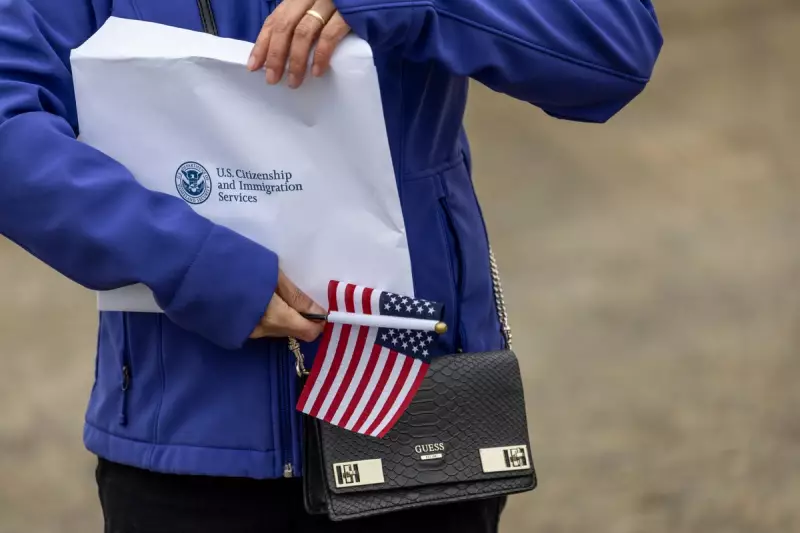
The US Citizenship and Immigration Services (USCIS) has sparked controversy with its latest policy update, which tightens the criteria for obtaining US citizenship. The agency now places greater emphasis on assessing an applicant's 'good moral character,' a requirement that has drawn criticism for its vague and subjective nature.
What Does 'Good Moral Character' Mean?
The updated guidelines outline a range of behaviours that could disqualify applicants, including but not limited to:
- Driving under the influence (DUI) convictions
- Failure to pay child support
- Gambling offences
- Lying to immigration officials
Critics argue that these rules disproportionately target low-income and marginalised communities, creating additional barriers to citizenship.
A Return to Trump-Era Policies?
Many immigration advocates see this move as a continuation of the restrictive policies implemented during Donald Trump's presidency. The Trump administration had previously used the 'good moral character' clause to deny citizenship to applicants with minor infractions on their records.
"This is clearly an attempt to make the naturalisation process more difficult," said Maria Rodriguez, executive director of the Florida Immigrant Coalition. "It's another way to keep certain communities from fully participating in American society."
Impact on Applicants
The new guidelines could affect thousands of people currently in the naturalisation process. Immigration lawyers report a surge in inquiries from concerned clients who fear their applications might now be at risk.
"Even a single mistake from years ago could come back to haunt applicants," explained immigration attorney David Kim. "The lack of clear standards gives USCIS officers too much discretionary power."
As the debate continues, many are calling for more transparent and equitable standards in the citizenship process.





